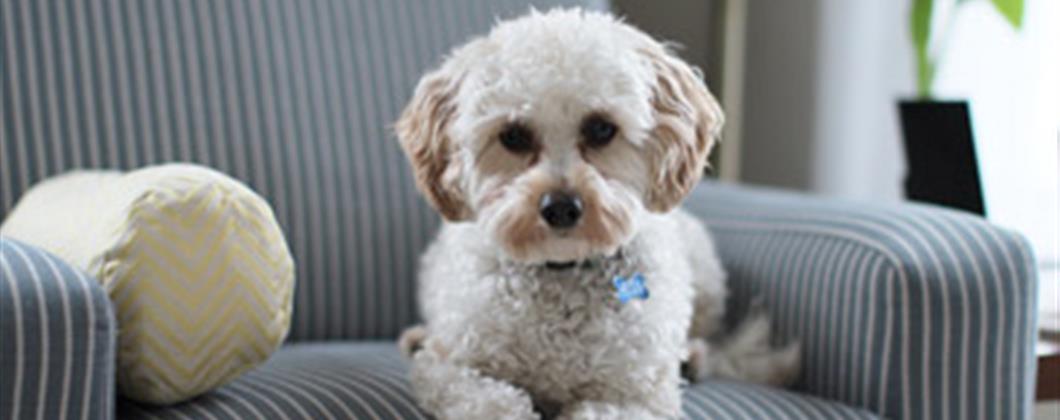What You Need to Know About Pets in Block of Flats

Many people consider their pets to be part of the family and can't imagine living without them. It can be a challenge for residential property management companies and landlords to know the rules around keeping pets in a block of flats. By opening up your property to tenants with animals you could garner more interest, have happier tenants and potentially take higher rents - as pet-friendly properties can be more scarce. However, animals can damage properties and disturb neighbours.
Before deciding whether to allow or prohibit pets, we've answered some key questions around the subject:
Consult your lease
It's imperative you first consult your lease to determine if it contains a "no pets" restriction, or if only certain pets are acceptable. Most Lease agreements will list restricted pets in detail, so this needs to be referred to ahead of accepting a new tenant with a pet. In some cases, a lease can state prior-authorisation-is needed from the landlord in order to keep a pet in the property. Without restrictions, as a private landlord, you may be able to accept pets at your discretion. It's worth noting landlords can still refuse permission to keep a pet in reasonable circumstances e.g. if the animal is large and the property is small, there may be inadequate space. If you want to know more, speak to our block of flats insurance experts at Flats Direct.
Is there enough space?
If there are no restrictions in the lease for keeping pets or the tenant's pet is an acceptable type, you still need to consider the property's space. It might not be suitable to keep a large dog in a small flat. However, you may be happy with the tenant keeping a smaller dog or car instead. Landlords may prefer to only allow small animals such as fish, hamsters and reptiles but may be flexible in larger properties.
What are the best pets for flats?
According to the RSPCA, only a few types of pet will thrive in a compact indoor space. They suggest the best pets for flats include:
- Hamsters, rats, gerbils and mice
- Guinea pigs and rabbits
- Fish, reptiles, birds, small cats and dogs are also happy to live in a flat environment. Although small birds don't need much space, they can be noisy which is something landlords should consider before accepting them.
The best dog breeds for flats
The UK is a nation of dog lovers. By opening your tenant pool to allow pet owners, you are likely to receive more interest. There is also the potential to make more money, as dog owners could be willing to pay more rent to live with their four-legged friend.
Not all dog breeds are suitable for flat living, but here are some of the best breeds for flats, as recommended by canine lovers:
- Pug
- French Bulldog
- Shih Tzu
- Poodle
- Cavalier King Charles Spaniel
- Boston and Yorkshire Terrier
- Chihuahua
- Dachshund
- Pomeranian
- Greyhound
Quiet, friendly dogs with lower energy levels are generally the best fit for living in flats. A greyhound may seem like a surprising breed to include on this list but although they do require a lot of walks, they have a naturally calm nature and make great flat pets.
If you're seeking further advice on block management, get in touch with our flat insurance advisors at Flats Direct. You can call us directly on 0800 731 6242 or complete our contact form. Alternatively, if you're looking for a quick quote, use our block of flats insurance online quote form.

